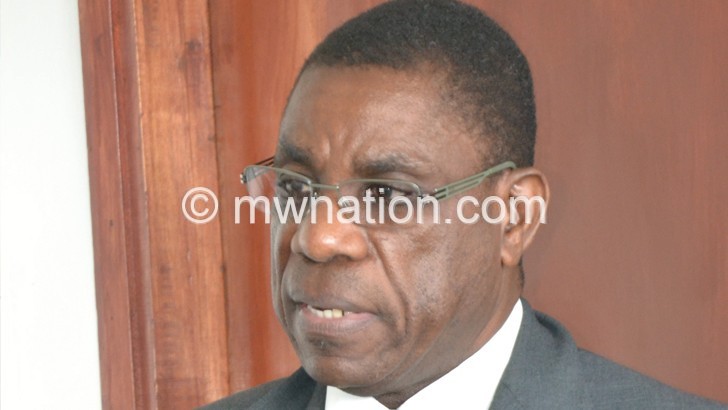New strategy targets Lower digital costs
Malawi is targetng to increase network access for Internet usage to 80 percent of the population by 2026 from the current 13.8 percent, a new report shows.
The Malawi Digital Economy Strategy (2021-2026) prepared by the National Planning Commission (NPC) also indicates that government plans to further increase device ownership from 51 percent to 80 percent of the population by 2026.
In the strategy, the Malawi Government argues that access to affordable Internet forms part of Malawi’s sustainable development goals and will enable the country to protect the environment while achieving urbanisation and industrialisation in line with the Malawi2063 (MW2063) agenda.

The projection comes at a time Internet penetration in the country remains low, with available figures indicating that only 13.8 percent of the country’s population uses the Internet.
The low penetration is despite numerous developments in the sector, including extension of fibre optic backbone and cross-border interconnections, the launch of 4G, the establishment of the Universal Service Fund, whose overall goal was to have the country’s Internet connectivity improve
and charges remarkably drop.
Reacting to the strategy, Consumers Association of Malawi executive director John Kapito urged government to commit to the plans outlined in the strategy, arguing that consumers are feeling the pinch of the high cost of data.
He said: “We were previously sold a similar strategy, but it never materialised.
“Time has come for our politicians to stop playing politics on crucial economic and social projects. We need to think beyond the five-year term of office and make such policies a reality.”
TNM plc head of brand marketing communications Louis Chipofya was yet to respond to our e-mailed questionnaire, but in a recent interview, he admitted that taxation in Malawi, which is one of the highest in the region, intermittent power and a poor road network affect data charges.
But the strategy also acknowledges that affordability is the largest barrier to the uptake of mobile services in Malawi, with device costs contributing to this.
To address the barriers, the stregegy aims to phase out the 10 percent excise on data and text package purchases and also Malawi Communications Regulatory Authority’s 3.5 percent tax on information and communication technology provider turnover.
The government also intends to establish a special purpose vehicle to build a fibre backbone from Nacala in Mozambique to Lilongwe and purchase the Electricity Supply Corporation of Malawi’s domestic fibre and lower device costs by 22.5 percent this year and 15 percent after 2021.
When compared to regional neighbours, prepaid mobile data in the country is inexpensive at $4.76 (about K3 600) per gigabyte.
Analysts say this remains unaffordable for many people who have low levels of disposable income.






One Comment